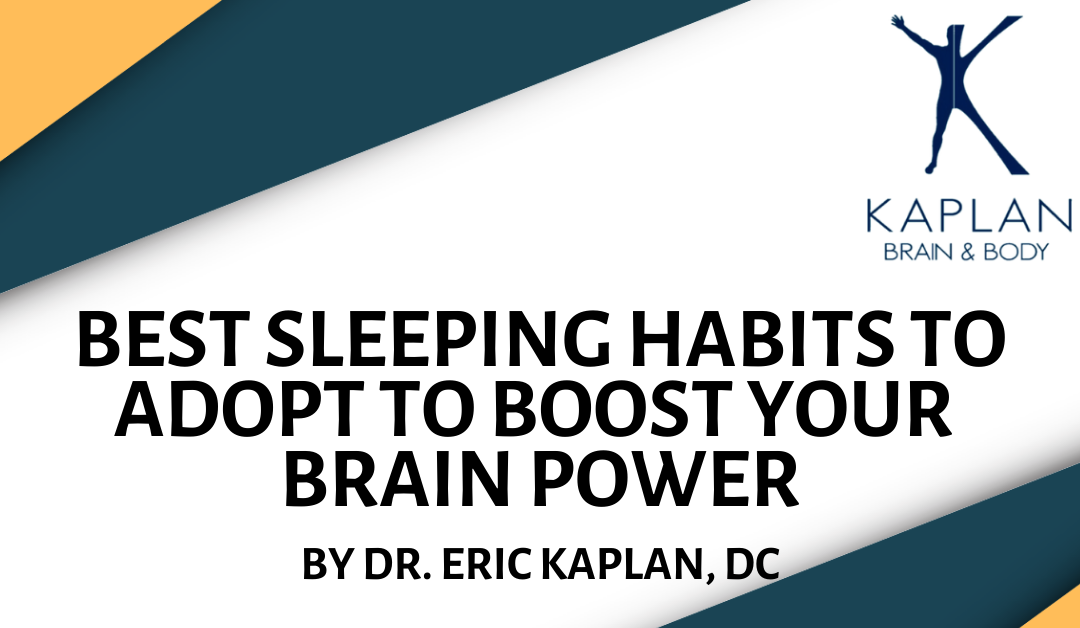We should be sleeping approximately one-third of our life. Since there are twenty-four hours in a day, that means we should be sleeping approximately eight hours a night. In addition, the most important hours of sleep are the hours before midnight. A good night’s sleep will be from 10 p.m. to 6 a.m. in the winter and 10 p.m. to 5 a.m. in the summer. It is important to get a little more sleep in the winter as our body goes into a “mini- hibernation.”
Many of my patients tell me that they stay up late watching TV, Netflix, movies, YouTube, or the news. If they are not in front of the big flat-screen TV, they are scrolling through Instagram and Facebook or playing on the computer when they could be in bed sleeping. Going to bed late will lead to anxiety and an increase in stress levels, which can be one of the contributing factors in memory loss. Furthermore, watching television, you may find yourself exposed to junk food advertising that could cause you to start snacking late at night. One of the easiest ways to lose weight is to get to bed at least two hours before midnight and turn off the TV, especially the news. This will decrease your belly fat by reducing cortisol levels.
If you want to get to bed earlier, it is also important to avoid eating late at night. The most effective way to accomplish this is through intermittent fasting. Intermittent fasting can be defined as eating for eight hours (between the times of 9 a.m. and 5 p.m.) and fasting for sixteen hours (from 5 p.m. to 9 a.m.) The fasting period gives your body ample time to process the food you have already eaten and helps improve your quality of sleep. The purpose of eating is to accumulate energy. Given this information, eating late at night doesn’t make sense! Why give yourself more energy at nighttime? It will only make falling asleep and staying asleep more difficult.
It is good to be in bed, but even more important is to get good, quality sleep. One way to improve the quality of your sleep is exercise. A good exercise routine will tire out your body and help you sleep better at night. And remember, the best time to exercise is in the morning, while cortisol levels are highest. Changing your lifestyle to get to bed earlier will have you naturally waking up earlier, and you can use those early morning hours to get some great exercise.
Another important factor in getting quality sleep is reducing blue light exposure. Blue light can be found on your computer, cell phone, TV, iPad, and other electronic devices. It is recommended you cease all electronic use after 5 p.m. Once you clock out of work, put the electronics away. They expose you to harmful blue light that stimulates cortisol, the stress hormone that disrupts proper sleep patterns and circadian rhythms. Cortisol also destroys cells in the hippocampus, which will lead to memory loss. If you have a job that requires a lot of staring at screens, invest in blue-light-blocking glasses. While you sleep, keep your Wi-Fi and cell phone off and your cell phone out of your room.
The key is to get into a really deep sleep, which is called the rapid eye movement (REM) phase. We should not have to wake up in the middle of the night to pee or rollover or check the time on our cell phones. We should wake up in the morning saying, “How long have I been out?” or even, “What day is it?” That is a deep sleep. We should also be able to wake up on our own and not to an alarm clock. Following the recommendations above will help you get a good night’s sleep with plenty of REM, which will rejuvenate and re- oxygenate your brain to keep it healthy, boost your brainpower, and improve memory and focus.

